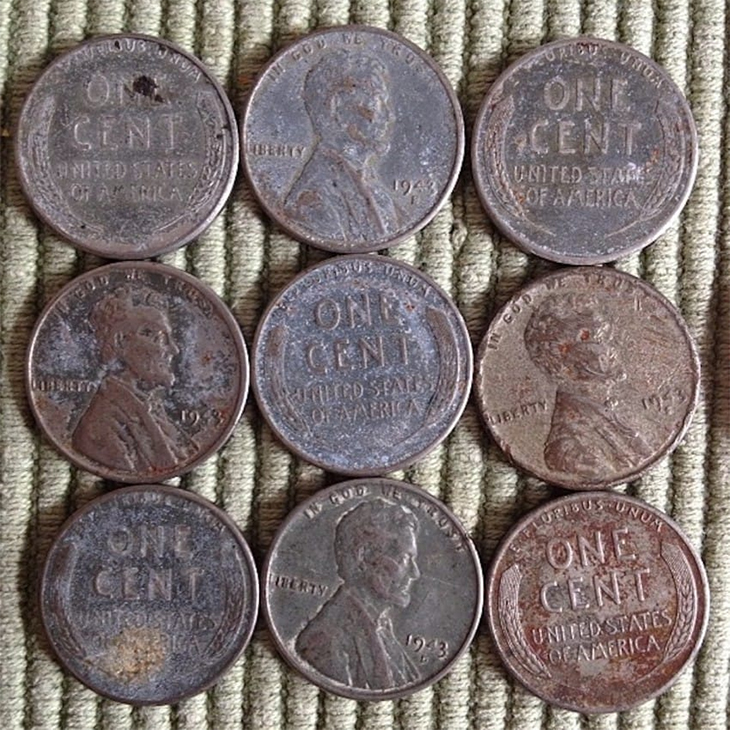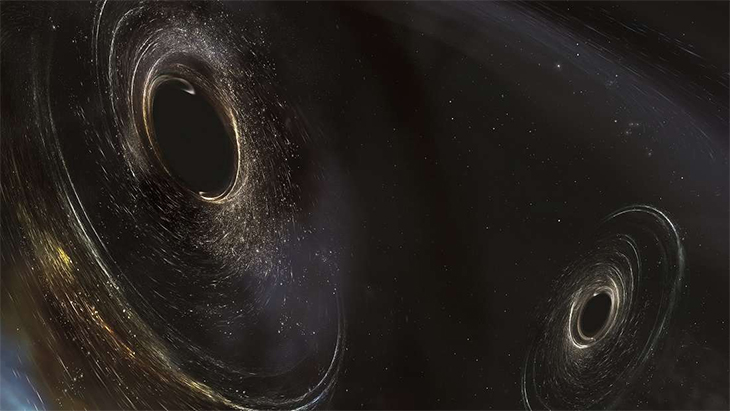By: Rebecca Endicott/Little Things Pennies aren’t the most useful coin out there; a single cent doesn’t buy you much these days!
But an old-fashioned copper penny might be worth a whole lot more than you realize.
The same way that certain 1970 quarters are worth a lot of money, specific one-cent coins can be worth a pretty penny.
Copper pennies from 1943 are some of the most valuable coins on the market.
To the untrained eye, they look like any other penny. However, they have a mistake on them formed during the printing process that makes them very rare. Stumbling on one of these coins is a truly unique and exciting occasion.
During 1943, America was at war and copper was strictly regulated. To conserve copper for the war effort, the country decided to strike all new pennies on stainless steel.
Steel pennies are a rarity in their own right — more on that later — but copper pennies from 1943 are such a unique find that they could be worth as much as $85,000 under the right circumstances.
Scroll through to learn more.
If you have any old coins in your home, you may want to sort through them before your next trip to the Coinstar.
Lots of us don’t hang onto our change or even look at it very closely. Just remember, there could be some true gems hiding in that big old jar in the kitchen.
It’s always a good idea to keep an eye out for coins that are more than a few decades old. One specific coin from 1943 is worth a whole lot more than a mere cent.
Solid copper pennies from 1943 are all extremely valuable because they are very, very rare.
In 1982, the rising cost of copper meant that we switched the material we use to make them. Modern pennies only have a copper veneer.
Prior to 1982, all pennies were made of solid copper, with the exception of one year.
From 1943 to 1944, America fought WWII with our allies in Europe and Asia.
Because the war effort required a lot of copper, the U.S. Mint decided to stop striking pennies on that material, striking them on steel instead.
As a result, there are still some silver-toned 1943 pennies floating around, which are quite valuable in their own right, relatively speaking. A steel penny in excellent condition might be worth 1000 times its face value — or $10.
Unfortunately, the 1943 steel penny was a less-than-brilliant idea. The steel pennies quickly began to rust.
They also were often mistaken for dimes, and they caused problems with the vending machine that used magnets, because the zinc coating made the pennies magnetic, unlike copper coins.
The whole experiment was unsuccessful, and the government quickly attempted to remove all steel pennies from circulation and return to copper. Some steel pennies were coated with a copper veneer as a quick fix.
However, despite the mandate to use only steel in 1943, there were a few mistakes.
At some point, someone struck a very small number of 1943 pennies on copper instead of steel. There are only 3 confirmed in existence.
Any pennies like this were purely accidental and are extremely rare today, which is why they are so valuable. Just check any you find with a magnet to make sure they’re the real deal.
A copper penny dated to 1943 is likely to be worth approximately $85,000 if it’s in good condition.
A mint-condition, untouched penny could be worth a great deal more to the right buyer.
Even a solid penny from that year that is damaged could be worth quite a lot of money.
That’s why you should take a good look through any coins you have at home to see whether you might have one that fits the bill!










